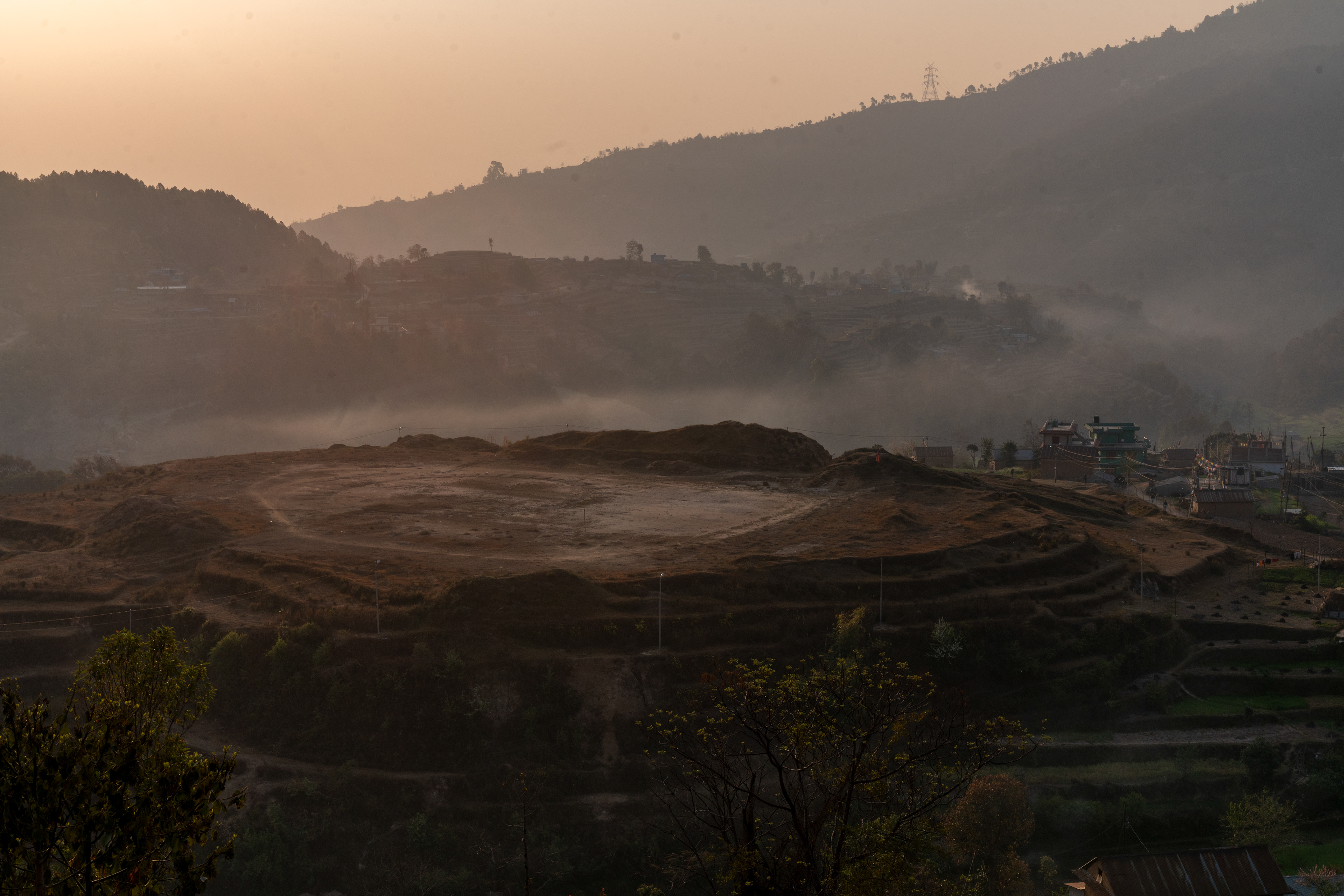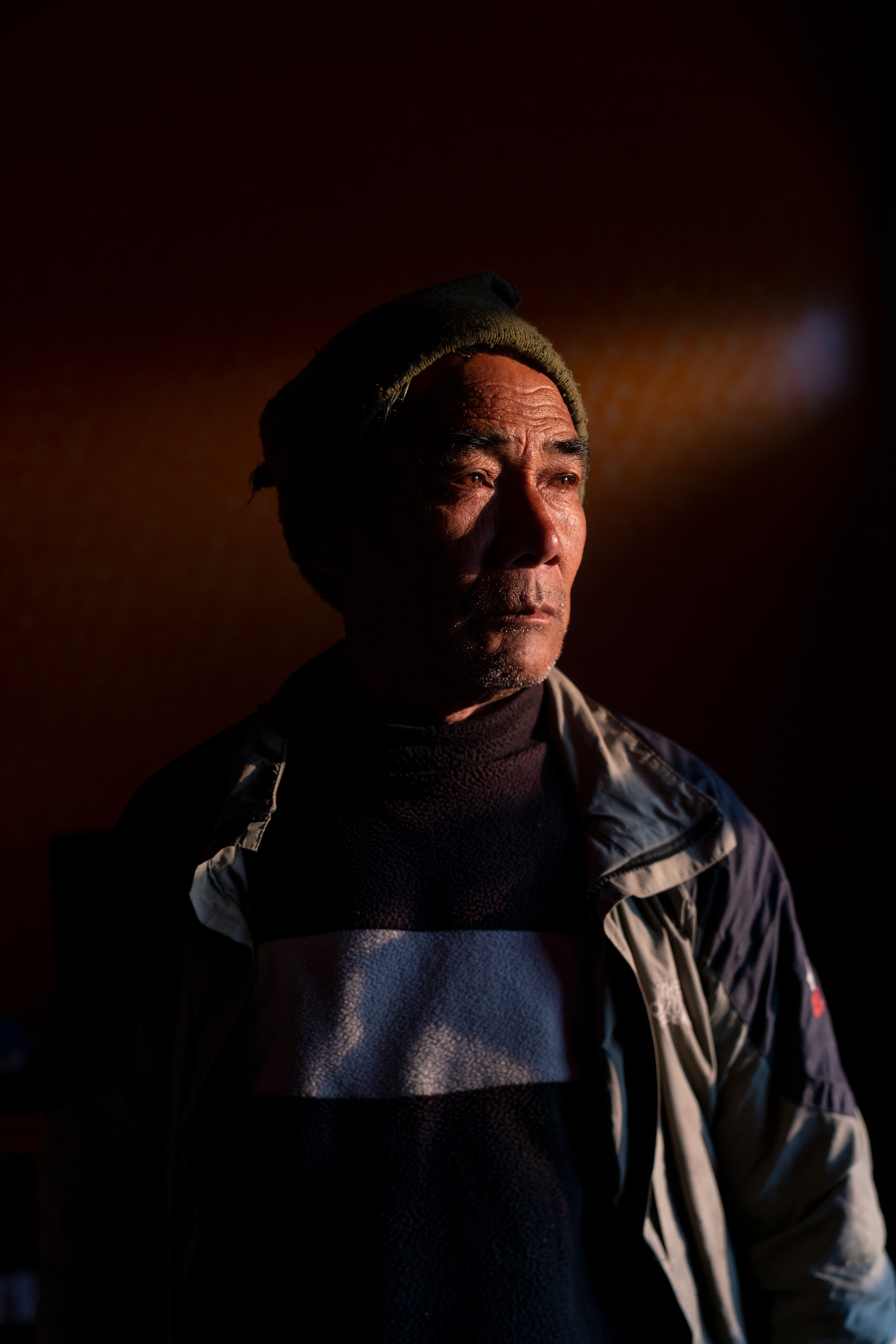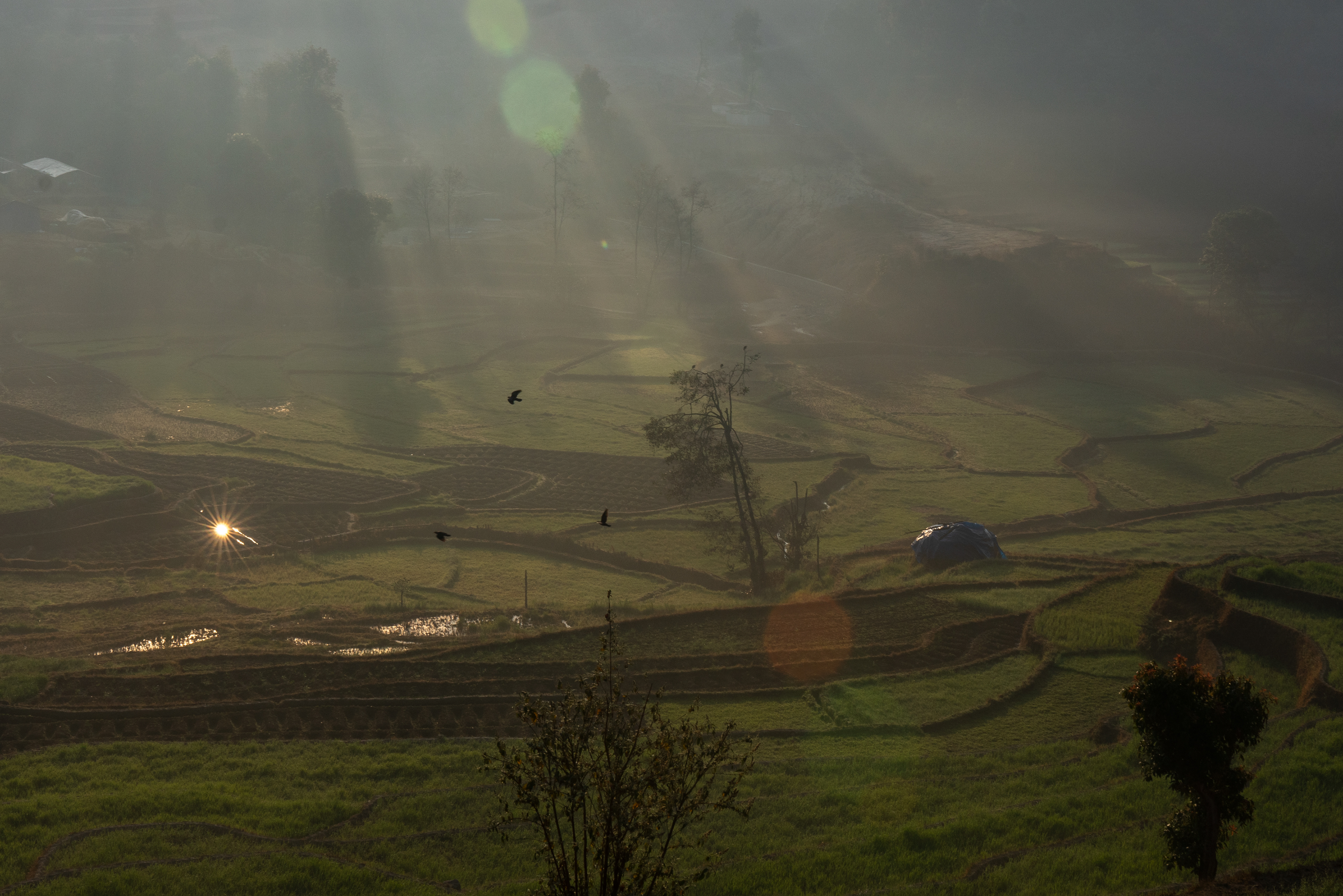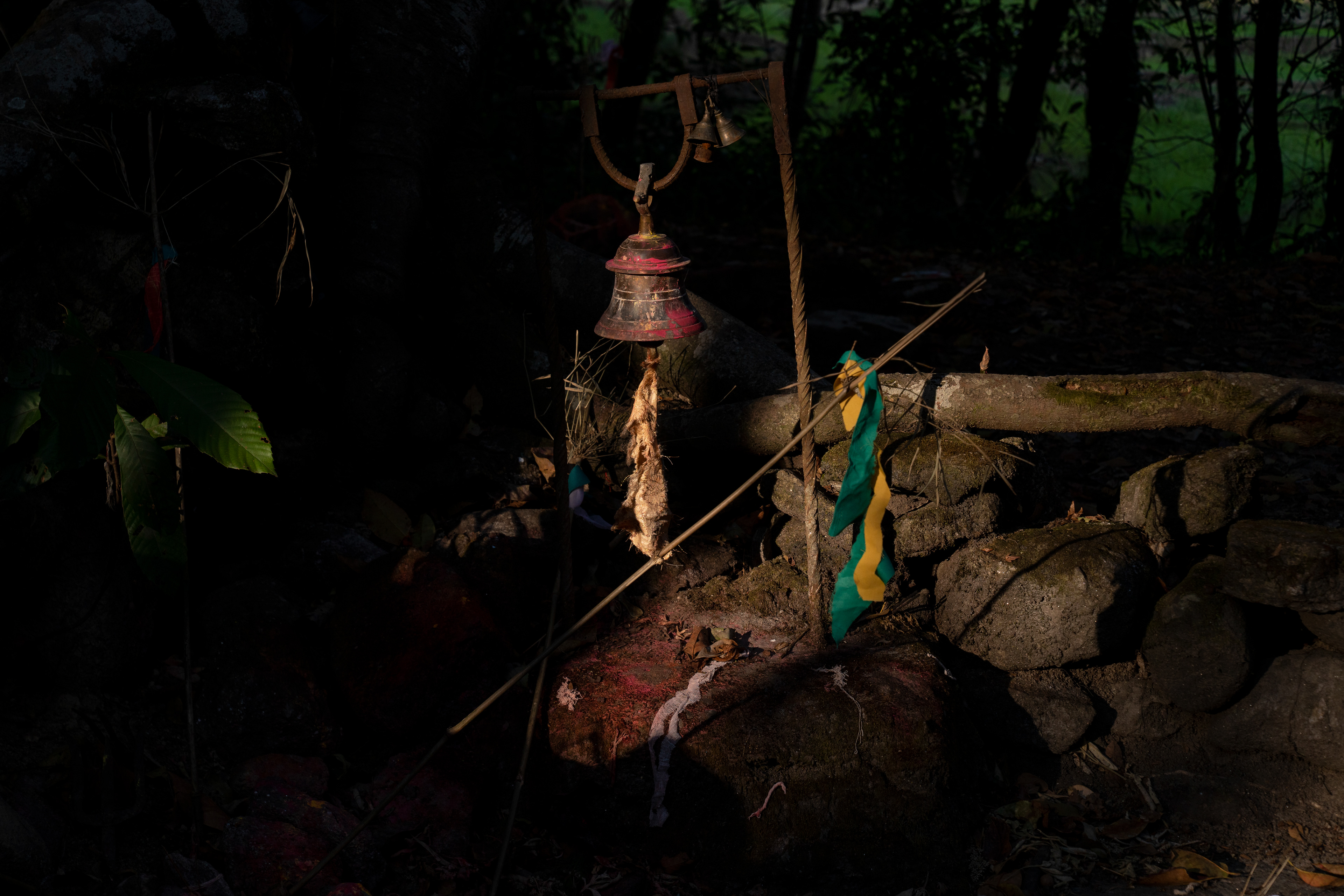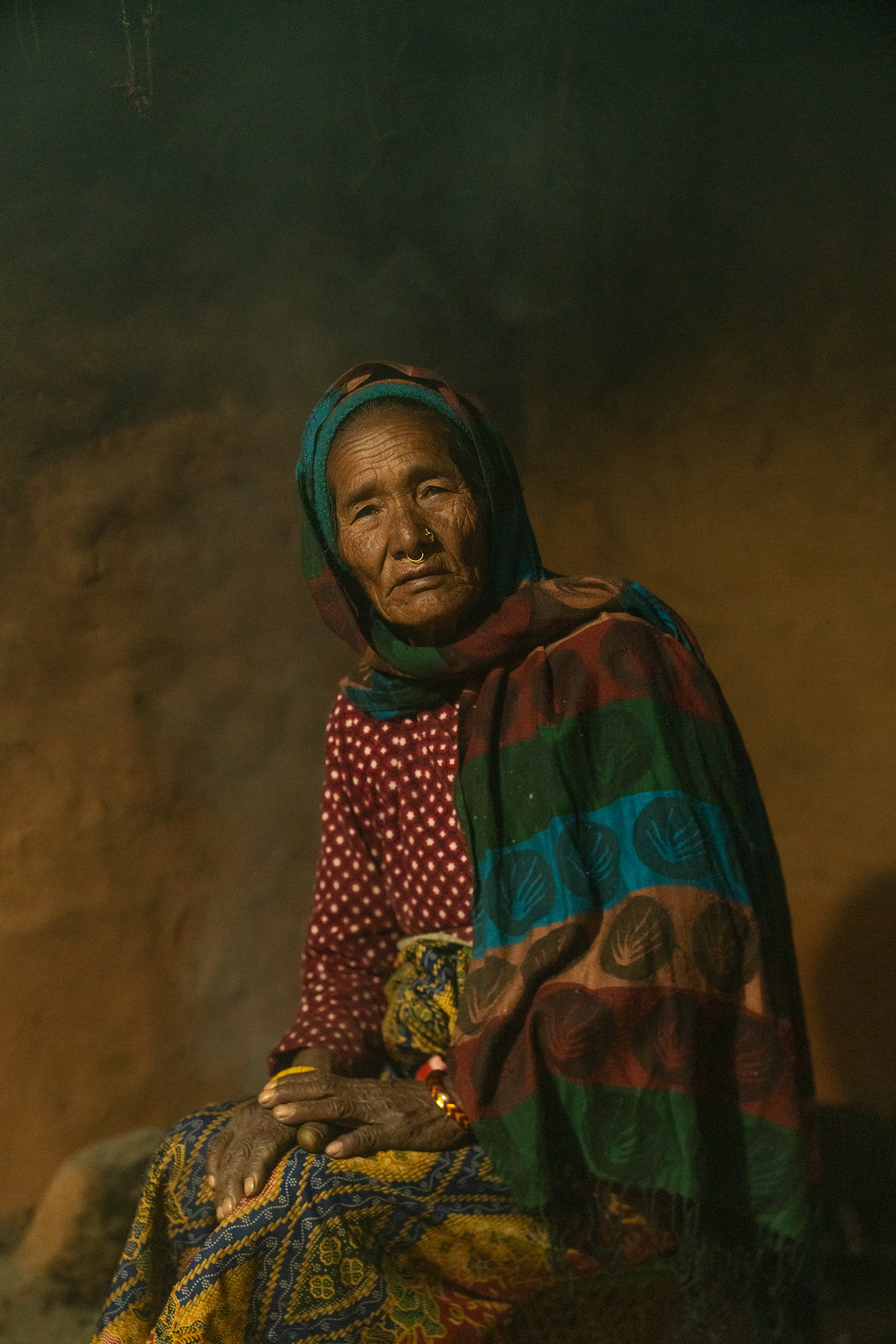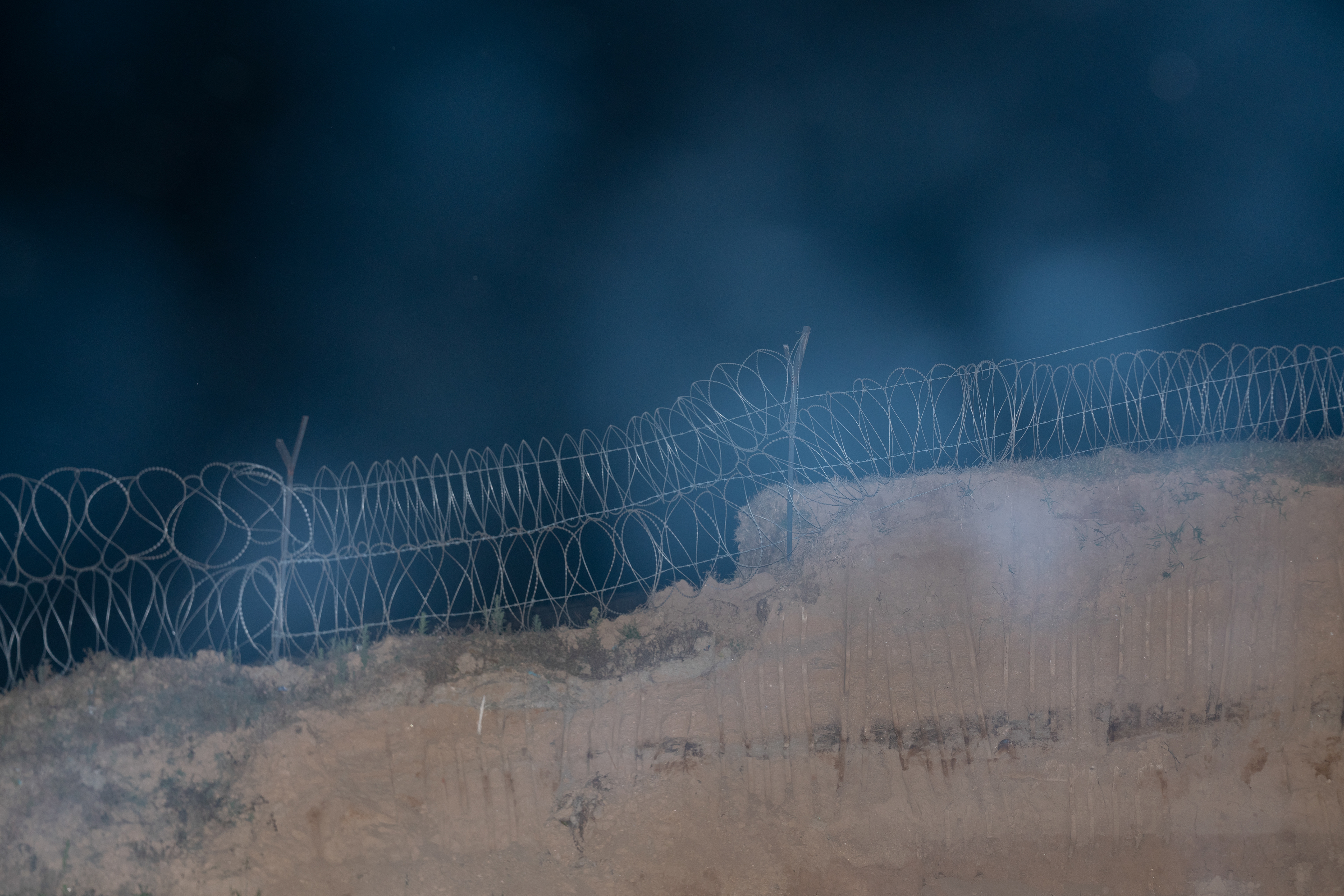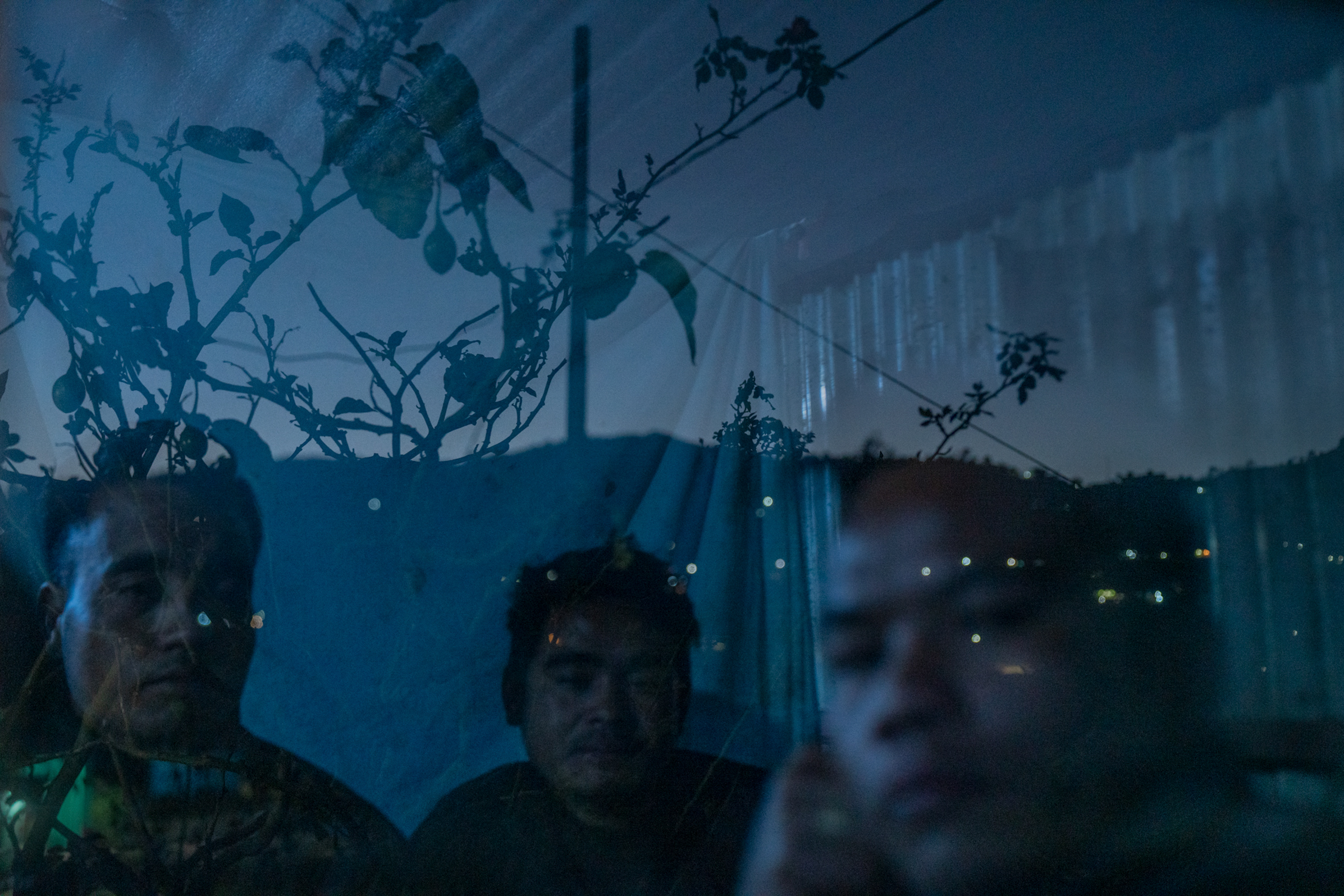Indigenous communities in Lapsiphedi (Bojheni) are protesting the building of a hydroelectric power station funded by the US Millennium Challenge Corporation.
Since 2017, 500 households have demanded relocation of the project. As a reaction to the resistance, the Nepal government deployed the Armed Police Force (APF). This created fear within the communities. Residents are concerned about the substation and its potential impact on their health, environment, and cultural way of life.
The lack of transparency and communication from the Nepal Electricity Authority fueled mistrust between the community and authorities.
Under the false premise of building an office, they wanted to build a substation after acquiring land from the community.
Under the false premise of building an office, they wanted to build a substation after acquiring land from the community.
“The dynamic came into play when the Nepal Electricity Authority offered consequential compensation for their lies, and the community took it as a threath”, says the local leader Ranjit Waiba. However, the government overlooked the Free Prior Informed Consent document, which serves as evidence of misconduct on the part of the government.
There is a deep sense of uncertainty and fear about what the future may hold for the community.
Sar-zameen is an Urdu word that roughly translates in English to a unique place defined by its people, culture, and ancestral connection to the land.
